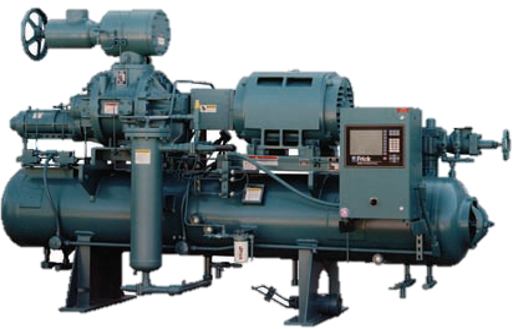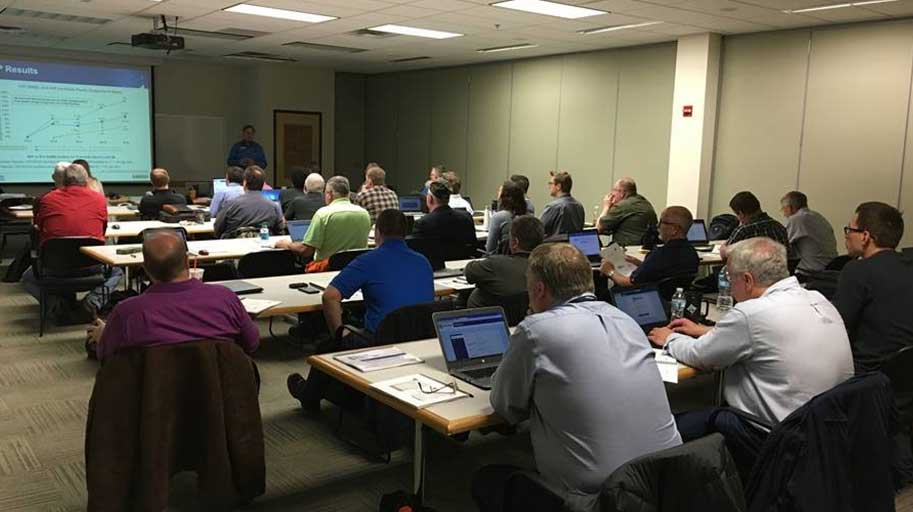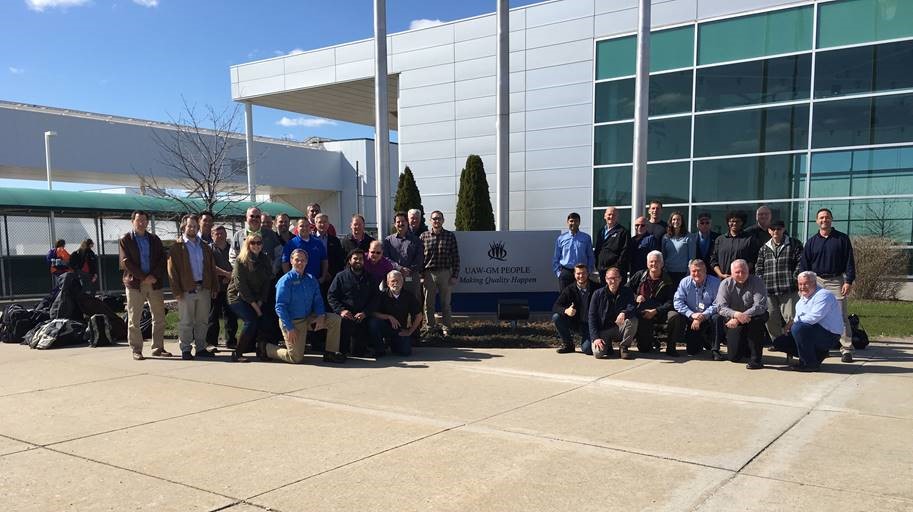Due the challenges created by COVID-19 pandemic, manufacturers throughout the world have been trying to determine how to safely open and operate their manufacturing plants. To minimize the risk of infection, many manufacturers have reduced the number of people allowed into their plants without compromising the production continuity. This makes delivery of INPLTs challenging in the traditional in-person fashion. To address this challenge and continue providing INPLTs during this difficult time, Better Plants program piloted Virtual cohort In-Plant Trainings (VINPLTs) on process heating systems, ammonia industrial refrigeration systems and wastewater treatment operations. The VINPLT pilots have been very well received and participants have requested for additional trainings on more topics.
VINPLTs are performed by industrial experts and Technical Account Managers using online video communication technologies. The VINPLTs comprise eight (8) 2-hour online training sessions that are delivered twice per week for four (4) consecutive weeks. The application of VINPLTs Pilot is free and open to all Better Plants program partners. Each VINPLT event is typically limited to 30 participants from 6–8 companies or facilities. We will roll out VINPLTs first on two (2) topics in Oct 2020: Ammonia Industrial Refrigeration Systems and Wastewater Treatment Processes.
To maximize the benefits from attending VINPLTs, homework assignments will be given to participants at the end of each session and be due the following week. Each session has 30 minutes at the beginning to address questions related to training materials and homework assignments. These homework assignments are designed to enhance participants’ understanding on the energy systems, identify and quantify energy savings opportunities. At the end of the training events, each participating facility is expected to create some slides to summarize identified energy savings opportunities with estimated savings and present to company management teams. The subject matter experts and TAMs will help partner personnel develop these opportunities and associated project justification content, e.g. technical analyses, and payback calculations.
If operational data collection is needed, diagnostic equipment can be arranged and shipped to partners. The Better Plants diagnostic equipment is available on a first come, first serve basis.
Week 1 – Tuesday and Thursday (2-hour each day including 30 mins for Q&A)
- Introduction to utility bills
- Refrigeration fundamentals
- Ammonia industrial refrigeration system overview
- Understand your systems
Week 2 – Tuesday and Thursday (2-hour each day including 30 mins for Q&A)
- Basics of compressors
- Compressors capacity modulation
- Compressor suction pressure controls
- Energy savings opportunities for compressors
Week 3 – Tuesday and Thursday (2-hour each day including 30 mins for Q&A)
- Basics of condensers
- Condenser analysis tools
- Defrosting
- Energy savings opportunities for condensers
- Energy savings opportunities for defrosting
Week 4 – Tuesday and Thursday (2-hour each day including 30 mins for Q&A)
- Basics of evaporators
- Evaporator check sheet
- Top evaporator/defrost action items
- Evaporator analysis tools
- Energy savings opportunities for evaporators
- The role of expansion valves
Steve Koski has wide-ranging experience providing technical engineering services, with a particular focus on refrigeration, cold storage, and compressed air processes and systems. Since 2001, he has completed over 500 projects and led over 60 facility RCx projects for industrial customers across North America. Steve has also led several SEM engagements and taught nearly 20 subsystem-specific trainings. He has a BS in Mechanical Engineering and has been a PE since 2002. Steve is also certified AIRMaster+ Specialist.
Tom Simenc is an outstanding technical communicator who specializes in helping Cascade’s customers implement industrial energy-efficiency solutions. He provides engineering services to Idaho Power’s demand-side management (DSM) programs with a focus on refrigeration systems and strategic energy management (SEM) coaching. He has a BS in Mechanical Engineering and is a licensed professional engineer (PE).



